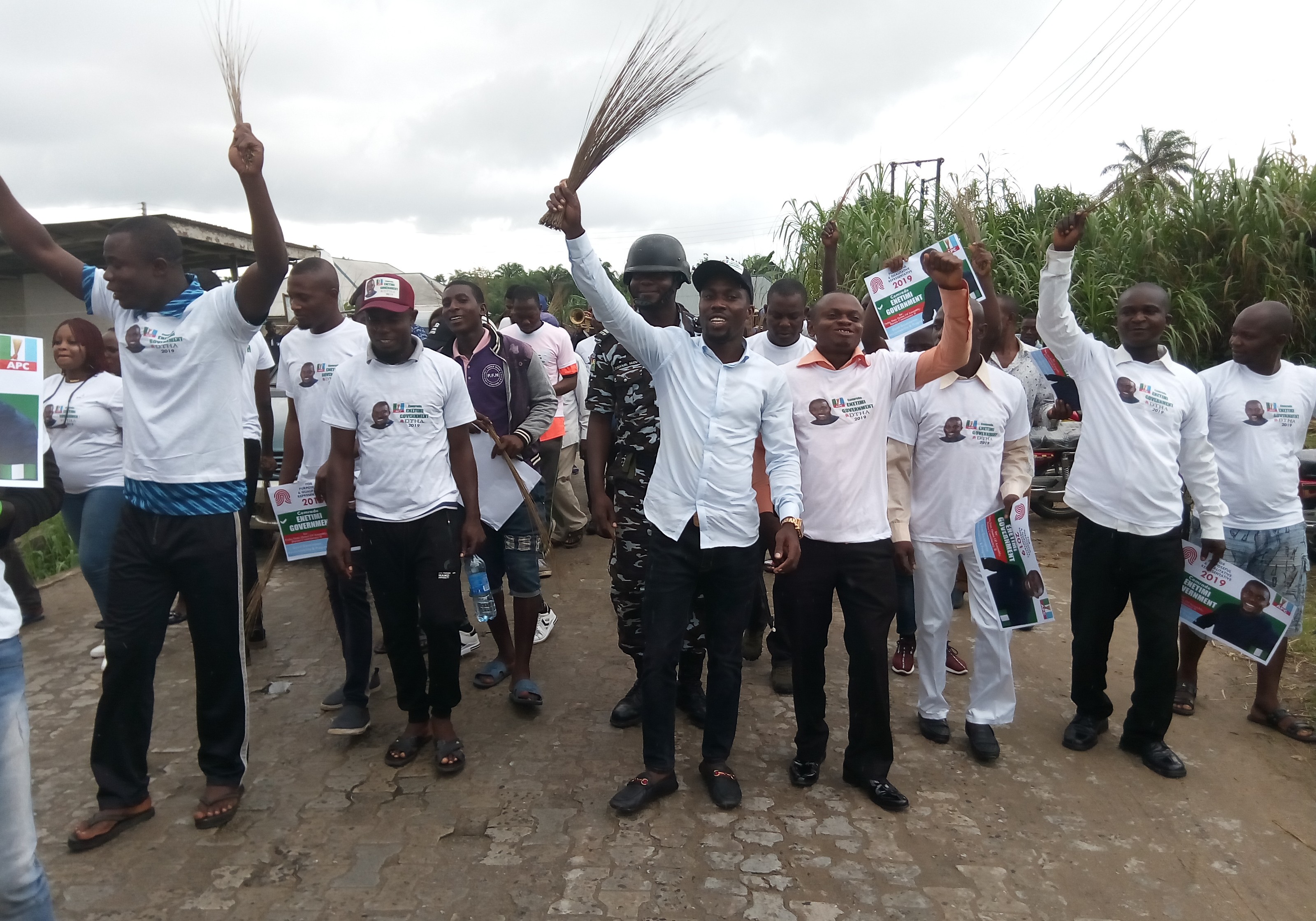News
We will not tolerate abandonment, IRDC boss warns contractors
By Our Correspondent
Chairman of Itsekiri Regional Development Committee, IRDC, Chief Ayirimi Emami has warned contractors that his leadership will not tolerate any case of abandonment of IRDC projects.

Chief Emami gave the warning Tuesday March 11, 2014 at the IRDC Secretariat in Warri, Delta State during the bid opening ceremony of IRDC 2011-2013 project cycle.
He explained that IRDC leadership had to extend the initial bid submission due date in order to accommodate all bidders who could not meet up with the initial due date.
The IRDC boss while noting that his executive members’ companies are not part of the bid process, vowed to commission some of the new projects to be awarded by the IRDC August this year.
While imploring all eventual winners of the bidding process to abide by the project guidelines, Chief Emami noted that his leadership shall be forced to revoke and subsequently re-award the contract of any non performing contractor that wants to frustrate the goals of IRDC, which is targeted at providing quality infrastructural projects for the 23 Itsekiri oil and gas producing/impacted communities.
Chairman of IRDC Projects Review Committee, Mr. Joseph Owolo in a remark before flagging off the bid opening process noted that the Committee has its own criteria for judging bids.
Chevron GMoU Team Lead, Mr. Amos Okoro in a remark advised contractors to execute jobs awarded to them to a logical conclusion.
